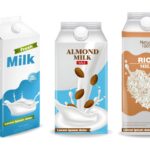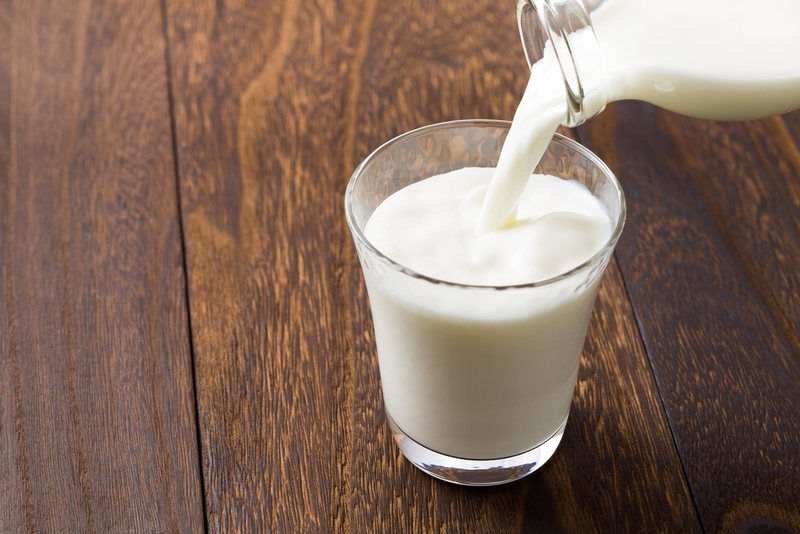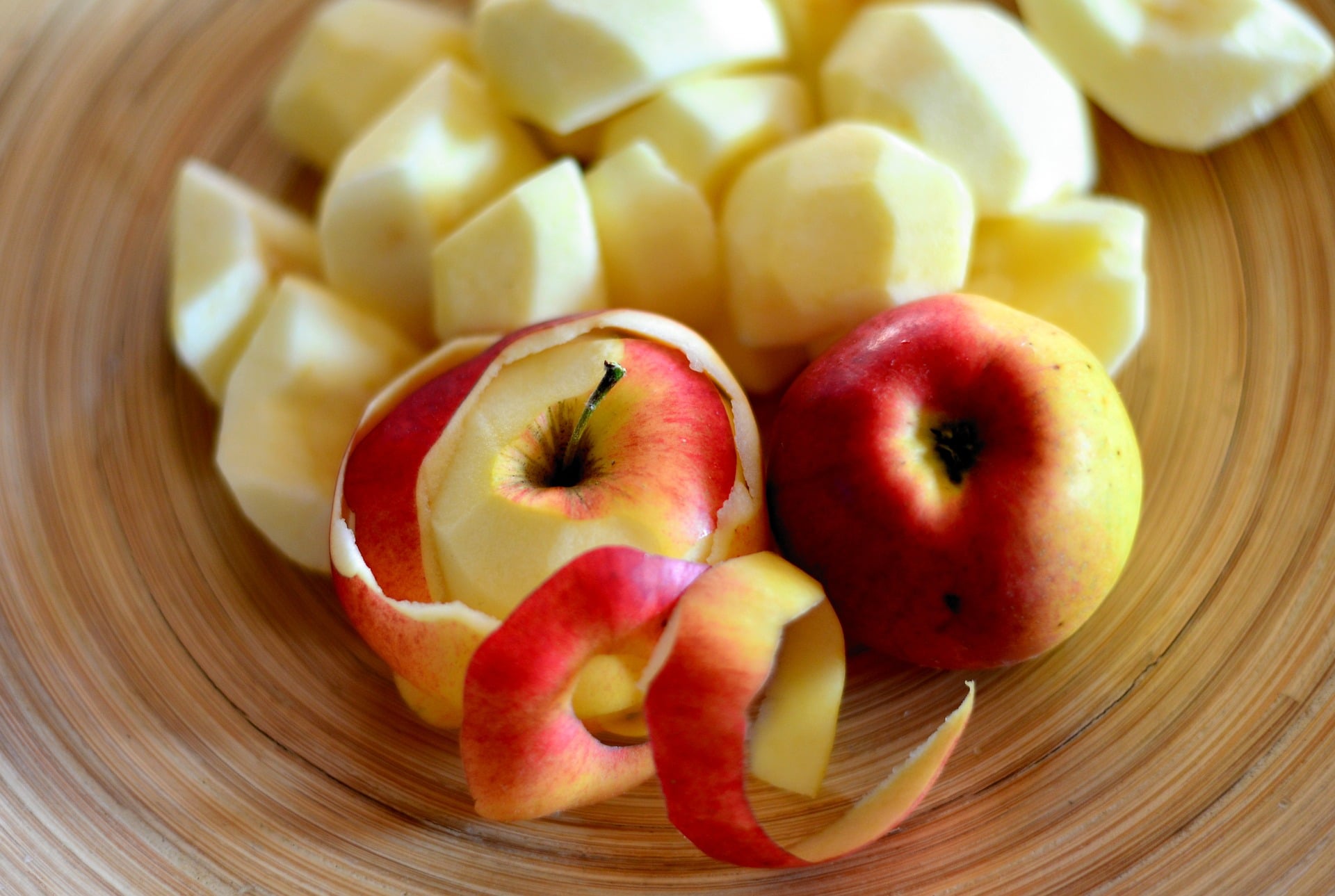
Which Dairy-Free Milk Alternative Is Right For You?

Soy Milk
Soy milk is one of the most naturally nutritional milk alternatives while being low in fat and cholesterol-free. It doesn’t contain calcium like regular milk, but you can easily find options in-store with added vitamins and minerals. One thing to think about when using soy milk is the global environmental impact of soy production. It is water-intensive, and unfortunately, rainforests have to be destroyed to make room for more soy. If you’d like to drink more soy milk, try looking for organic brands made locally to decrease your environmental impact and contain fewer pesticides.
Almond Milk
Almond milk is the most popular alternative to dairy milk and has 50% fewer calories than regular dairy milk. It can be used in smoothies, with your cereal, and even for everyday cooking and baking. Almond milk loses most of the protein and calcium that almonds have— but you can purchase enriched almond milk, but make sure you’re getting those essential vitamins in your diet if you choose non-fortified options. Environmentally, almonds are incredibly water-intensive when compared to other options. To produce one almond, it takes around 1 gallon of water. However, in comparison to dairy milk, they’re still a much better option environmentally and use less water.
Coconut Milk
Made from, you guessed it, the flesh found inside a coconut, coconut milk is famed for its creamy texture and can be enjoyed on its own as a milk substitute or poured in coffee or cereal. It’s an incredibly versatile beverage, and for those who love the flavor of coconut, it’s absolutely delicious. It’s naturally sweeter while being very low in carbohydrates. You can also find coconut yogurt in-store, and coconut makes for great vegan cheese!

Oat
Oat milk naturally contains vitamin D, and you can find fortified oat milk with added vitamins. Because oats are a grain — rather than a protein-packed nut or legume — oat milk tends to have quite a bit less protein than some other kinds of milk. It’s very creamy in texture, and environmentally, oats don’t need as much water as other plant-based milk alternatives. The oat industry is more sustainable since it makes less carbon during production.
Rice
Rice milk is an excellent alternative for nut allergies and is looking for a taste that’s close to regular milk. Still, it is significantly thinner. Rice milk’s texture works well with savory dishes since it’s so sweet. Since it’s so thin, it can be challenging to substitute when baking.

Walmart Employees Can’t Stand This

How to Turn Your Backyard into an Oasis for Your Dog

Pets Improve For Older People’s Mental & Physical Health

The Best Ear Cleaners For Your Kitty’s Ears

Inside the Lives of Hollywood Nannies and their A-Lister Employers

As Big as They Get: Celebs With an Impressive Family Tree

Cars That Will Take You The Extra Mile

M*A*S*H – Fun Facts About The Hit Series

More Stunning Photos That Bring Burning Man to Life

Celebrity Couples Who Broke Down the Barriers for Love






















